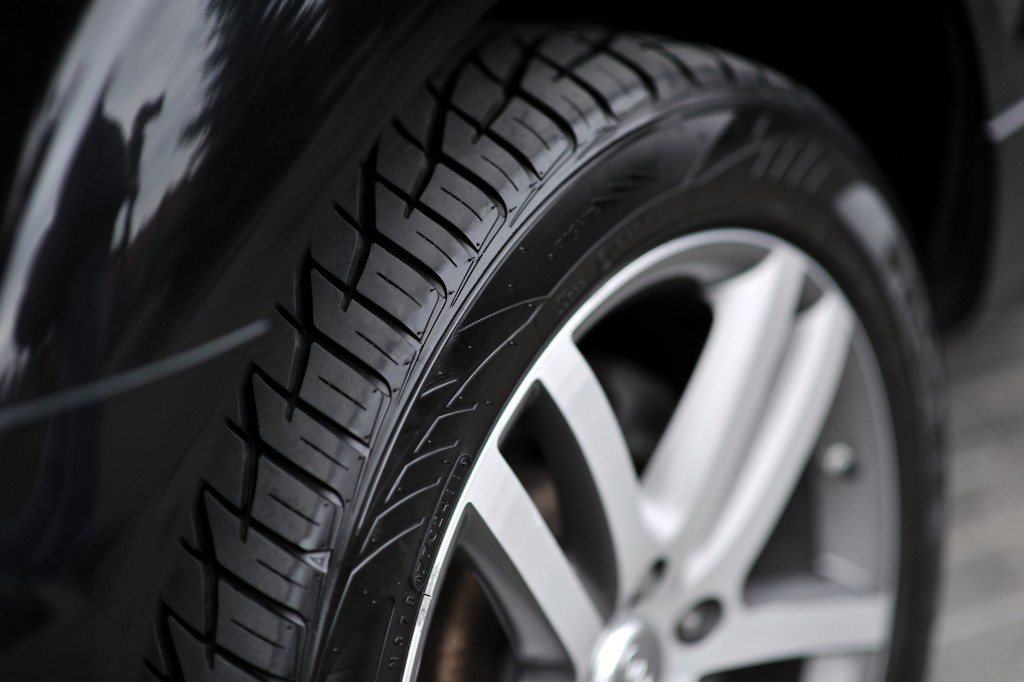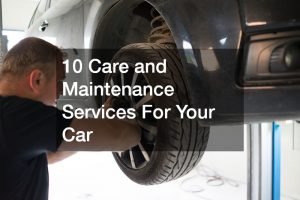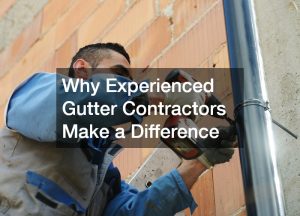Most first-time car owners are understandably inexperienced when it comes to proper car maintenance, which is why a lot of them often make mistakes that lead to expensive repairs and replacements in the future. Don’t be one of this lot. If you want your first car to last longer, you must learn how to maintain it properly.
Even if your car is brand new and the model boasts to need little maintenance, you still have to take good care of your car. In order to do so, you must avoid making these mistakes when it comes to maintenance:
Neglecting regular maintenance
Regular preventive maintenance, from the term itself, helps prevent car problems from arising. And yet, a lot of car owners neglect regular maintenance and thus put their car at risk of major damage in the long run. Something as simple as checking the Subaru timing belt kit or replacing the brake pads can prevent costly repairs and replacements in the future. And in some cases, doing these simple maintenance tasks can stand in the way of a car accident.
That said, do not neglect regular maintenance tasks. Simple tasks like checking coolant levels and cleaning the headlights can be done DIY. For more complicated tasks, there are lots of affordable mechanics that can do them for you. Furthermore, make it a point to schedule maintenance for your car every five thousand miles, even when you don’t notice anything wrong with it.
Bad driving habits
If you are a new driver, ensure that you learn how to drive properly and avoid learning bad habits that can damage your car. Not only does proper driving help protect you and the safety of those around you, but it also prevents your car from wearing prematurely.
Here are the bad driving habits that can shorten your car’s lifespan:
- Hitting potholes and speedbumps
- Keeping your hand on the gear stick
- Shifting to reverse before stopping
- Braking late consistently
- Jackhammer driving
- Driving on an empty tank
- Resting your foot on the clutch
- Revving the engine when it’s cold
- Dragging the breaks when going downhill
- Full-force stops
- Accelerating too hard
- Driving with a flat tire
Not checking the oil
Oil checks should be done regularly to ensure that you still have engine oil. Otherwise, the moving parts of the engine will not be lubricated sufficiently, which can lead to metal-to-metal contact that can cause damage and knocking sounds under the hood.
Check your engine oil at least once a month by using a dipstick and dipping it into the oil tube. If the oil comes out between the ‘low’ and ‘full’ markings, you don’t need to change it yet. If it’s too low, have it changed as soon as possible to prevent any problems down the road.
Going to shady repair shops or mechanics

Unqualified repair shops or mechanics usually offer lower rates to entice car owners who don’t know any better. However, the money you save by going to these shady places will not be worth it when your car experiences bigger problems in the future.
There is a difference between rates that are affordable and rates that are too low. Be smart and avoid mechanics that offer ‘too good to be true’ prices, because more often than not, they are not qualified to handle cars properly.
Not washing your car often enough
Washing your car regularly is not only important for its appearance, but it’s also crucial to keep your car in good shape. Excessive dust, grime, dead bugs, and droppings can cause damage to your car’s finish and paint, which can, in turn, decrease its value and appearance.
Make it a point to wash your car at least once every two weeks. If it gets really dirty (e.g. when you drive through mud or when you park under a tree with a lot of sap), wash it immediately. Moreover, reapply wax after every wash to provide a layer of protection of your car’s paint, as well as make it look shinier.
Failing to check the tire pressure
Driving with under-inflated tires can wear out your tires faster and make your engine use more gas. Worse, it can cause the tires to overheat and explode, putting you and the people around you in harm’s way.
That said, it is imperative that you check your tire pressure at least once a month or before going on a long drive. If anyone of your tires is under-inflated, inflate it to the correct pressure before as soon as possible.
Making these car maintenance mistakes can not only harm your car, but it can also put your safety at risk as well. With that in mind, you should learn how to properly maintain your car as early as now, especially as a new car owner with little experience.







